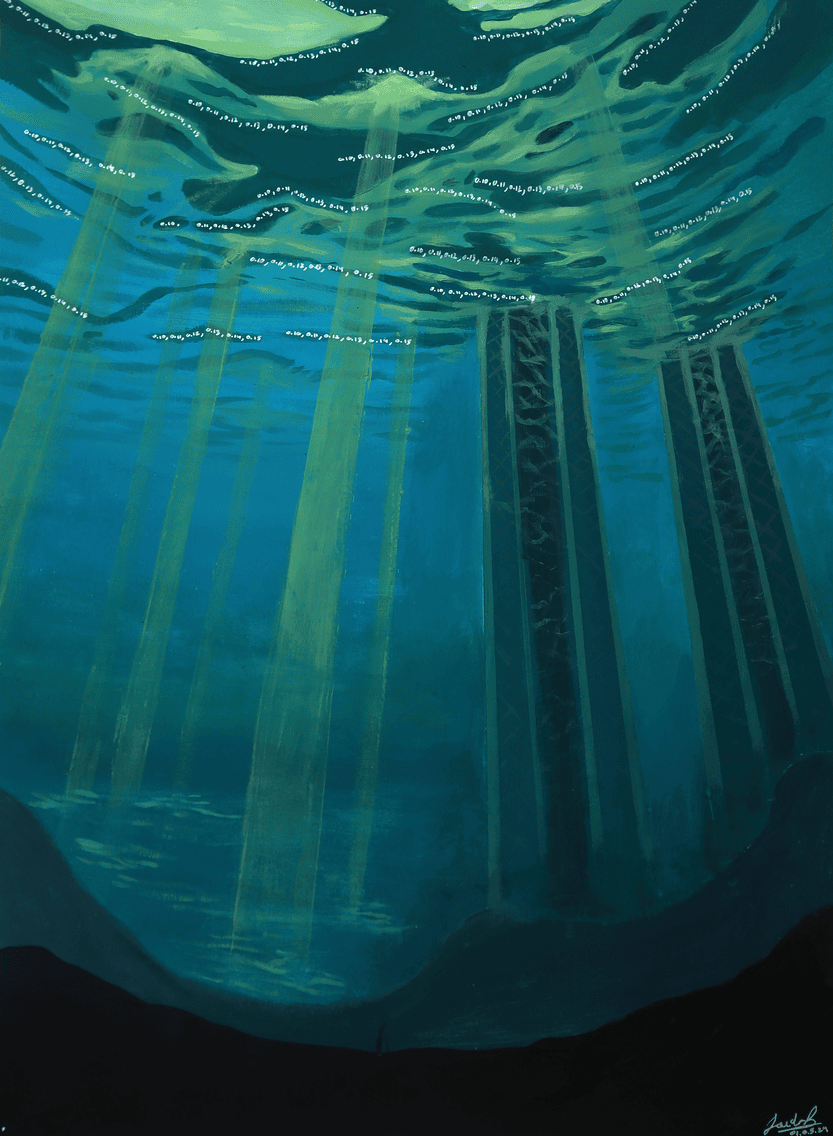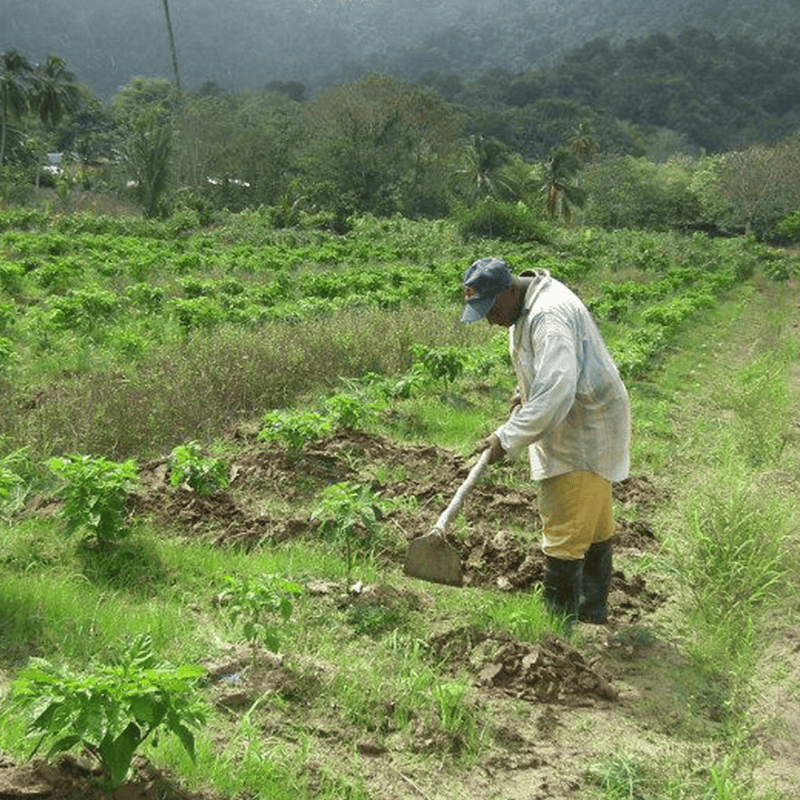Reach us: 13 Anderson Street, St. James, Trinidad and Tobago
Call us:
13 Anderson Street, St. James,
Trinidad and Tobago
Human development is about creating an environment in which people are provided the opportunity to develop their full potential and lead productive, creative lives in accordance with their needs and interests. It also has to do with providing the space and opportunity for people to enlarge their choices.
Since 2000, this understanding has driven the Foundation to network with likeminded individuals and organizations to influence development policy and practice locally, regionally and globally so that issues like socio-economic development, equity, concern for the environment, disaster risk reduction and climate change adaptation are addressed not as disconnected activities, but in a holistic manner within the framework of sustainable development.
As our co-founder Angela Cropper says “Our idea was to create a space, a mechanism, that could facilitate others as well to “give something back”. When we see ourselves just as individuals, we feel a little impotent or unequal to the scale of the challenges that are presented to us. But working together creates confidence. There is mutual support, energizing and synergizing. Citizen groups often feel hesitant about commenting on the nature and content of development, and governments may feel it is presumptuous for them to do so.



We come from a society that is still trying to evolve constructive mechanisms for ongoing citizen opinion and input not predicated on partisan politics or political cycles. That’s the role and the road The Cropper Foundation has chosen in seeking to influence the course of our development.”
We are pro-development, but, moreso, we are for responsible development. The core of our activities has to do with the application of research and analysis to provide the evidence for informed decision and action. We are also committed to advocacy and action in helping to remove barriers that inhibit dialogue and partnership across people and institutions: the several agencies of the state; the central and local government authorities; and between the public and private sectors and civil society.
We know that coordination, cooperation, collaboration and not compartmentalization are the keys to unlock the potential of small island developing states, like those in the Caribbean.